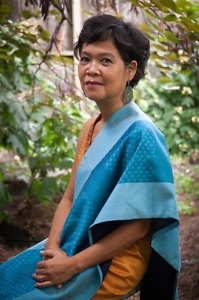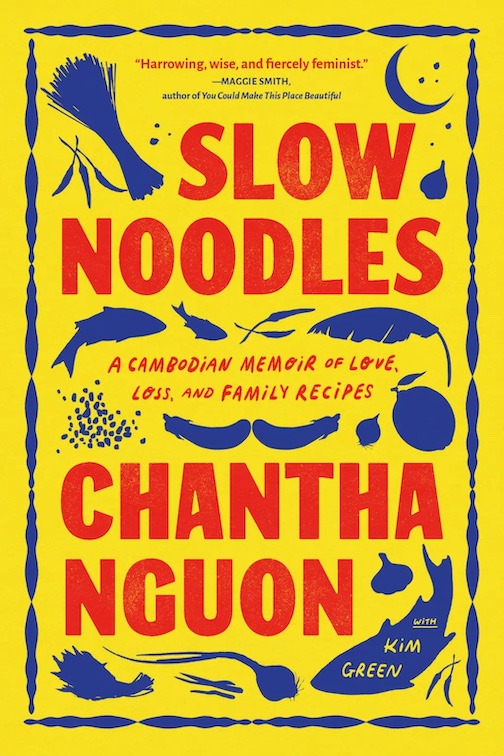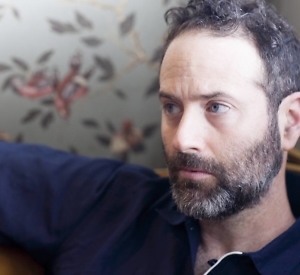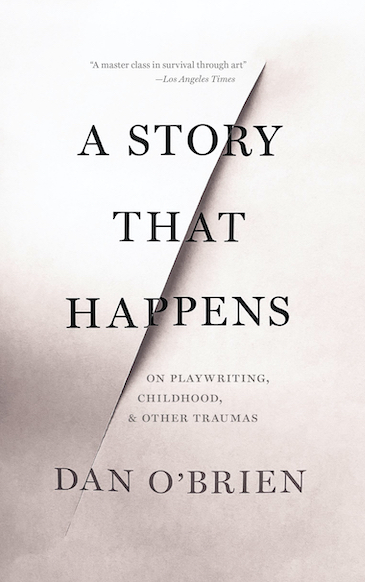The Glorious Pastime: Paul Vasterling
Nashville Ballet artistic director Paul Vasterling on Lincoln in the Bardo and tsundoku
Paul Vasterling became artistic director of Nashville Ballet in 1998, after 10 years with the company as a dancer, teacher, and choreographer. A Louisiana native, he discovered ballet in his teens and embraced it as a career while a student at Loyola University. “When I went to college,” he told Nashville Arts Magazine, “there was a ballet teacher at Loyola who wanted me in class (they’re always short of boys), and I knew — I knew within days — that I was a dancer.”
Vasterling has created more than 40 works, including the holiday favorite Nashville’s Nutcracker. Literature is one of his many sources of inspiration — case in point: his 2019 ballet inspired by Caroline Randall Williams’ poetry collection Lucy Negro, Redux. He told The New York Times that he wanted to adapt Williams’ poems for the stage as soon as he read them. “Poetry is close to dance,” he said, “because it’s open to interpretation, and you bring yourself to it.” The production, Attitude: Lucy Negro Redux, was a collaboration among Vasterling, Williams, ballerina Kayla Rowser, and musician/composers Rhiannon Giddens and Francesco Turrisi. Margaret Renkl described it as an “artistic miracle.”
Vasterling answered questions from Chapter 16 by email about his first literary love and the book that inspired an upcoming ballet.
Chapter 16: What book have you been recommending recently and why?
Paul Vasterling: Lincoln in the Bardo by George Saunders is soul wrenching. It’s inspired by the death of Abraham Lincoln’s young son, the heartbreak that caused and the beauty in the way living with such a loss helps Lincoln to become a great man. The book delivers this fascinating collection of characters — each as layered and imperfect as we are in real life — that span across time. It’s actually also one of the inspirations behind an upcoming ballet I’m working on!
Chapter 16: What’s the first book you remember loving and what did you love about it?
Vasterling: It’s a children’s book that I loved growing up: Harry by the Sea by Gene Zion. I immediately liked it because it was by the sea and I loved the beach, but now that I’m older I realize what I loved most about it was that the story is really about this little terrier, Harry, who gets lost at the beach, and on his journey to find his way back, he realizes how unique and special he is.
Chapter 16: Can you tell us about one or two of your all-time favorite books?
Vasterling: Well, of course I love Apollo’s Angels by Jennifer Homans; it’s kind of required reading within the ballet canon. Homans is very thoughtful in the way she weaves the history of ballet through the history of our world and our society to portray the story of how ballet developed into a contemporary art form.
And also, The Hours by Michael Cunningham. It’s a novel that explores three generations of women, and it’s just one of those books where the denouement is so surprising and smart that you have to put the book down for a moment out of shock.
Chapter 16: Is there a book you want to read that you never seem to get around to?
Vasterling: Do you know the word tsundoku? It’s a Japanese term for acquiring reading materials but letting them pile up in one’s home without reading them. I certainly relate to that, so it feels like there’s always some book that I’m trying to get around to reading.
Chapter 16: What’s the next book on your “to read” list?
Vasterling: Birds of America by Lorrie Moore.

Maria Browning is a fifth-generation Tennessean who grew up in Erin and Nashville. Her work has appeared in Guernica, The Los Angeles Review of Books, and The New York Times. She’s the editor of Chapter 16.





